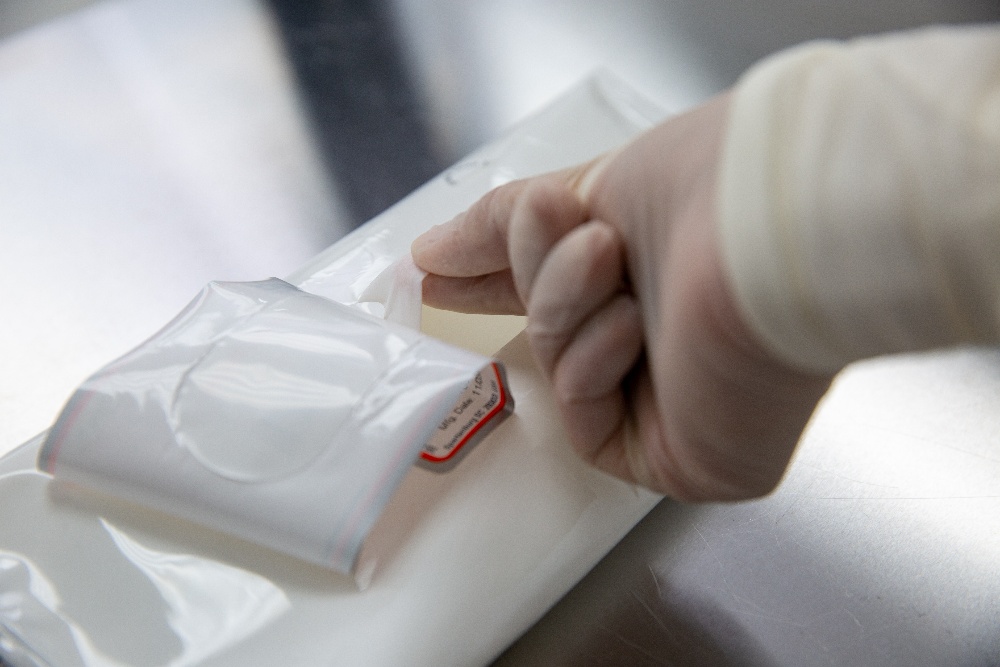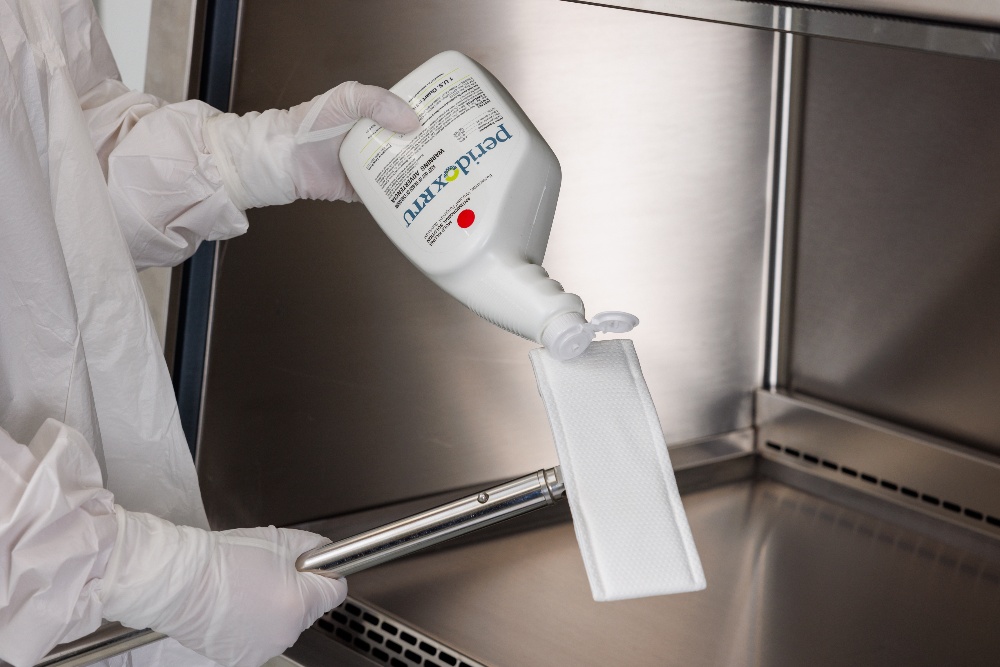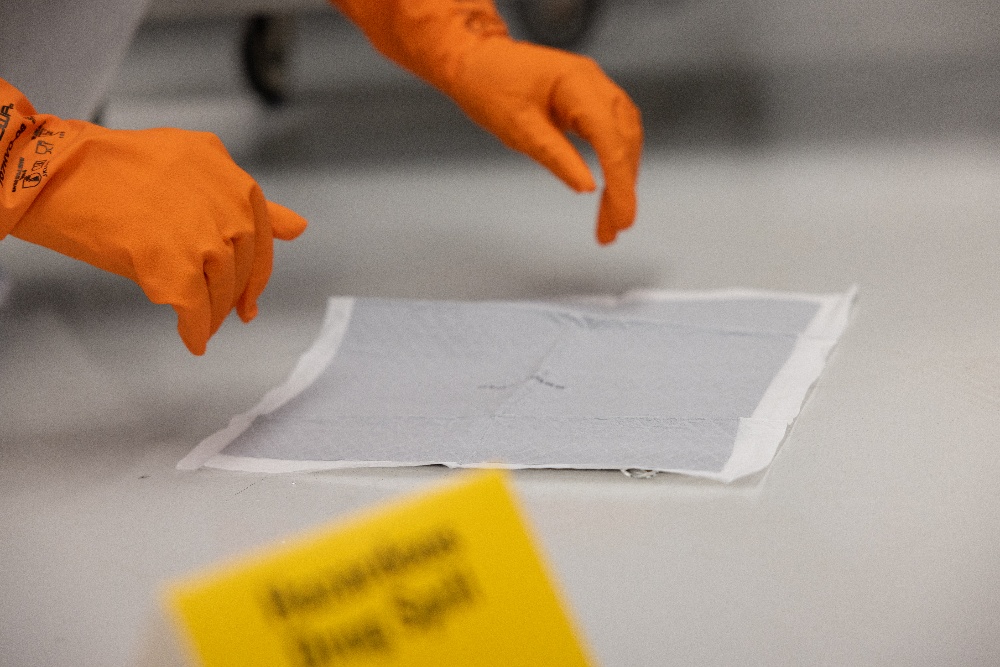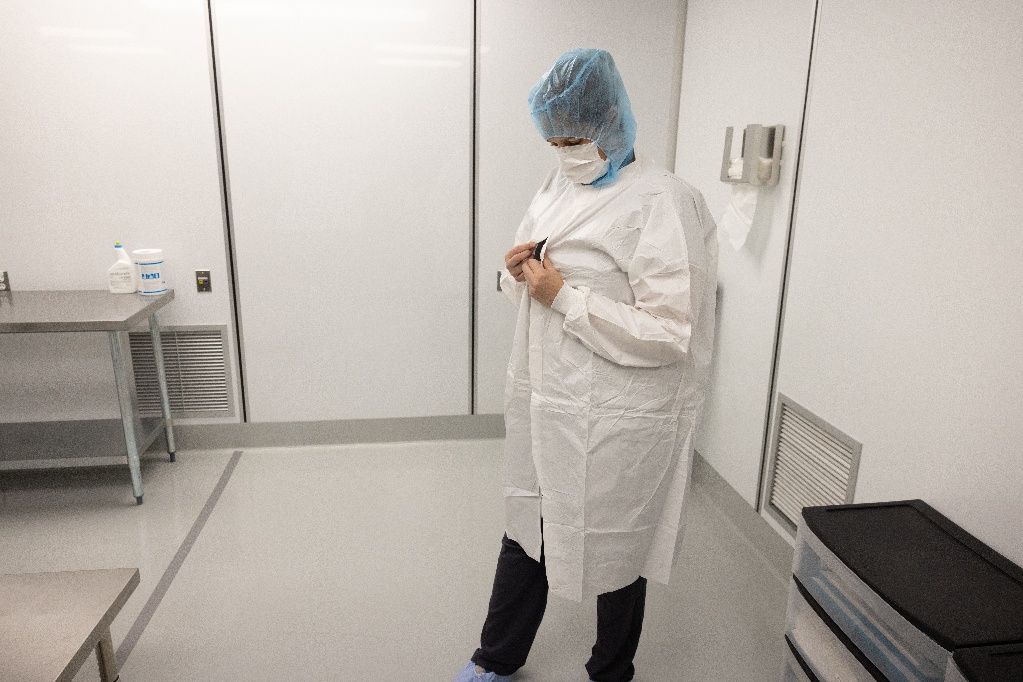Drug Shortages Due to COVID-19
The Impact of COVID-19 on Drug Shortages: An Inside Look from Pharmacists
Even though you might not hear about it in mainstream news, drug shortages are a reoccurring problem in the medical world. Drug shortages can occur for many reasons: market conditions, issues with key ingredients i.e. API (Active Pharmaceutical Ingredients) and contamination issues during the manufacturing process. Due to the current rush for medications during the COVID-19 pandemic, drug shortages are once again on the radar of pharmacists around the globe. Currently, the list for prescription medication shortages is growing at an alarming rate, specifically medications that are known to have therapeutic value that can help manage COVID-19 symptoms.
The U.S. Food and Drug Administration (FDA) has several teams in place to monitor and regulate the supply and demand for pharmaceutical drugs. Under the FDA is the U.S. Department of Health & Human Services (HHS) who oversees the Strategic National Stockpile (SNS). Created in 1999, the HHS’s mission is to “assemble large quantities of essential medical supplies that could be delivered to states and communities during an emergency within 12 hours of the federal decision to use the stockpile.”[1] Up until the introduction of the novel Sars-CoV-2 virus, the most recent uses of the stockpile were in the aftermath of several large hurricanes and the Zika Virus. In July 2020, the HHS reported that they sent “12,415 tons of cargo shipped to support U.S. repatriation efforts and state PPE needs and assigned more than 175 staffers to serve in the stockpile’s operation center.” They also reported that they “engaged more than 112 private industry partners for medical supply chain and delivery and deployed SNS liaisons to the HHS Secretary’s Operations Center in Washington, D.C..” [2]
Even with all these efforts, drug shortages are still happening as we face complex and nuanced problems spurred by the pandemic. Covid-19 has been felt by the world, meaning, pharmaceutical production in other counties has also suffered major setbacks. According to a 2019 letter written by the United States Senate Committee on Finance, “80 percent of Active Pharmaceutical Ingredients (API) are produced abroad, the majority in China and India.”[3] When these major players in pharmaceutical production slow down, it causes a ripple effect. With everyone in need of the same drugs to treat the virus, any fall back plans involving other countries are no longer viable alternatives. However, the FDA announced that they are continuing to work “with manufacturers in the global pharmaceutical supply chain to prevent and mitigate drug shortages and access problems, using all of the Agency’s authorities to restore or increase the supply of FDA-approved drug products.”[4]
The FDA has also put temporary policies in place for compounding pharmacies who can produce pharmaceutical alternatives for drugs used to treat COVID-19 Symptoms.[5] In April 2020, the FDA announced that it would temporarily allow the compounding of certain drugs by outsourcing facilities. If a hospital cannot acquire the FDA-approved drug, they can then work directly with outsourcing facilities to procure the essential drugs that they are looking for. This policy is only to be used for medications included on the FDA list of drugs used for hospitalized patients with COVID-19. These compounded drugs must be a copy of the drug they are replacing and must meet the conditions found in the temporary policy document.[1] This new policy also applies to smaller compounding facilities that are not registered with the FDA as outsourcers but are guided by USP Chapter <797>.
A major aspect of pharmacy training is learning how to monitor and manage pharmacies during drug shortages.[2] Finding clear and useful information is at the crux of finding solutions for drug shortages. The next step is being able to use this information to collaborate with other pharmacies and pharmaceutical entities to get the job at hand done safely and efficiently. We talked to several pharmacists, who have asked to remain anonymous, to hear their first-hand experiences with the drug shortages occurring as a result of the COVID-19 pandemic.
The pharmacists interviewed echo one another in dismissing drug shortages as a new phenomenon. One Director of Pharmacy (DOP) states that his pharmacy “had weekly drug shortage calls prior to the pandemic” and “the drug shortage issues have been going on for years.” However, he follows this statement with the stark reality that pharmacists are facing an unprecedented shortage of personal protective equipment (PPE) and cleaning agent supply shortages. In a separate interview we hear a fellow DOP confirm that in the past, these common drug shortages “meant that there would be some available in the future,” but as this pandemic unfolds, pharmacists and DOP’s have come to realize “there may not be ANY for a long while, what we have may be all we can get for a long time.” While the procurement of certain drugs remains difficult, many pharmacists have placed their trust in their purchasing and supply chain teams to help them solve shortage issues. While teams might not be able to physically be together, communication remains a key part of the compounding process.
As mentioned in interviews with DOPs, in addition to drug shortages, pharmacists are also facing shortages of critical PPE. The CDC and USP have issued guidance and strategies for dealing with these shortages. However, reusing PPE may increase the risk of contamination of the compounding facility. Now, more than ever, compounding pharmacies large and small should pay close attention to their cleaning and disinfecting protocols and consider temporarily changing those policies to increase cleaning and disinfecting frequencies to maintain your State-of-Control. Contec Healthcare can provide all supplies needed for cleaning and disinfecting as well as in-service education for your cleanroom staff.
Reach out to Contec Healthcare to learn more.
Source: Mazer-Amirshahi M, Fox ER. Teaching Trainees to Prescribe During the Public Health Crisis of Critical Medication Shortages. J Grad Med Educ. 2020; 12(1):44-45.

.jpeg?width=1000&height=824&name=IMAGE%202%20MicroCinch-1%20(1).jpeg)



